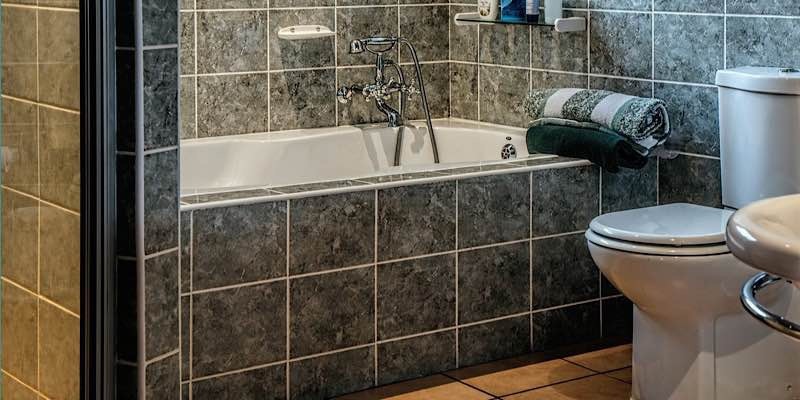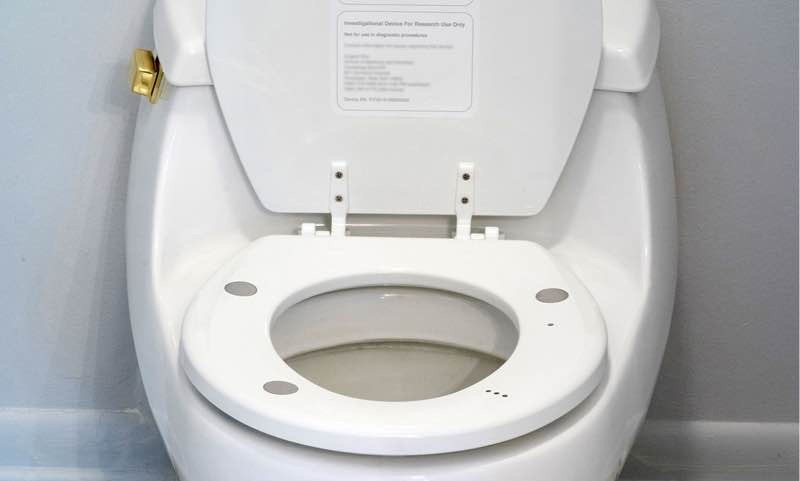
In this world of smart technology, it’s obvious how a smart toilet could help with things such as what you’re producing as far as your elimination, but a tech team has come up with a smart toilet seat that can actually detect and help protect against heart failure.
Smart Toilet Seat
Believe it or not, it can be a problem to get people to check on their heart health regularly, even if they know that they have an issue with it. The World Health Organization claims that getting people to participate in medical interventions could have more of an impact on health than any specific medical treatment.
That’s not too surprising to me, as when I was sick a few years back, I was shown a whole wing of the hospital floor where people who didn’t listen as do as they were told were brought after they had relapsed. I learned; I listened. But not everyone does.
A team from the Rochester Institute of Technology in New York created a smart toilet seat that lets patients with heart failure track their heart health. The battery-powered, cloud-connected toilet seat tracks blood pressure, blood oxygen levels, and other heart data. A study shows it’s just as accurate as the monitoring equipment in a hospital.
With a patient’s regular use of this smart toilet seat, it will show if their heart health is getting worse and if they need to see a doctor, though that still needs to be tested clinically. The hope is that the device will catch the signs of heart decline early enough that it can lessen the number of hospitalizations for heart patients.

Currently, there’s only one FDA-approved heart failure monitor. It’s a small pressure sensor that is implanted into an artery near the heart. The patient needs to lie down once a day on a special electronics unit to get the data. The toilet seat wouldn’t require anything being implanted and wouldn’t involve the extra work of lying down on a special unit once a day.
“We wanted something that can work for everybody without any change in behavior or habit required,” said Nicholas Conna, a postdoctoral researcher at RIT and a toilet set study coauthor.
Despite the smart toilet seat wirelessly sending health data to the cloud, it’s waterproof and can be cleaned like any other toilet seat.
There are three sensors in the toilet seat: an electrocardiogram to measure electrical activity in the heart, a photoplethysmogram to measure levels of blood oxygen, and a ballistocardiogram that measures the mechanical force of blood.
One advantage to the smart toilet seat method of collecting heart data is that there’s always next time. Even if one time it doesn’t accurately pick up data because the patient is fidgety, there’s bound to be another time very soon when they’re sitting on the toilet seat.
Convenience
The number one benefit of the smart toilet seat is obvious: convenience. No monitors, no messy wires, and no special trips to the doctor. It’s the same thought behind the Apple Watch now detecting atrial fibrillation.
If you have heart health issues, would you use a smart toilet seat to check in on your heart health? Or would you prefer traditional means of heart monitoring? Add your thoughts and concerns to the comments section below.
Image Credit: Karl Q. Schwarz and Spectrum and Public domain
Get the best of IoT Tech Trends delivered right to your inbox!







